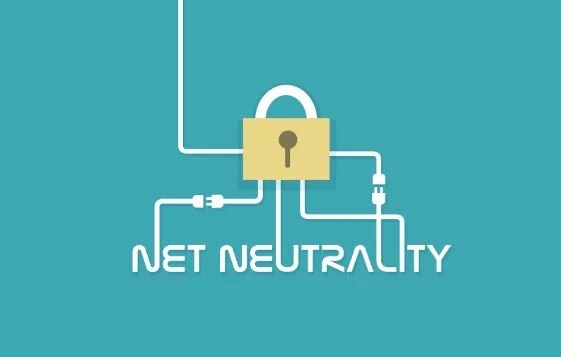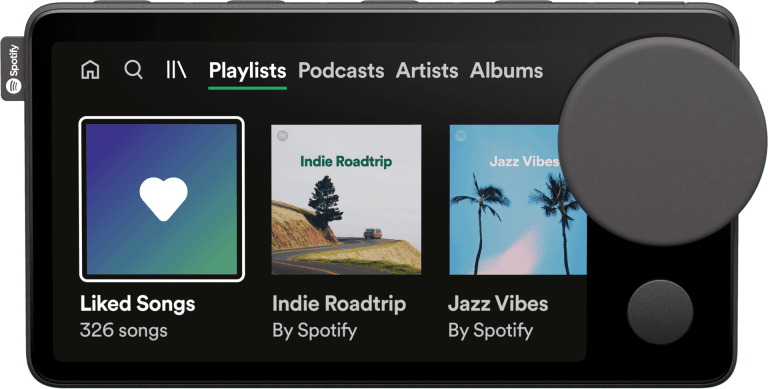Stanford Law Professor Barbara van Schewick is warning that the Federal Communications Commission needs to address 5G fast lanes.
The FCC is preparing to re-introduce net neutrality, legislation that would prohibit carriers from penalizing certain traffic, either by type or by competitor. Professor van Schewick says there’s much to like about the FCC’s net neutrality rules.
The FCC released its draft rules early in April and there’s much to celebrate in them. Mobile carriers like T-Mobile, AT&T and Verizon that have been degrading video quality for mobile users will have to stop. The FCC kept in place state neutrality protections like California’s net neutrality law, allowing for layers of enforcement. The FCC also made it harder for ISPs to evade net neutrality at the point where data enters their networks.
She then goes on to say that the rules do leave a large loophole for carriers to exploit.
However, there’s a huge problem: the proposed rules make it possible for mobile ISPs to start picking applications and putting them in a fast lane – where they’ll perform better generally and much better if the network gets congested.
T-Mobile, AT&T and Verizon are all testing ways to create these 5G fast lanes for apps such as video conferencing, games, and video where the ISP chooses and controls what gets boosted. They use a technical feature in 5G called network slicing, where part of their radio spectrum gets used as a special lane for the chosen app or apps, separated from the usual internet traffic.
As van Schewick points out, ISPs are already openly discussing such efforts, meaning fast lanes are more than just a hypothetical problem. The professor then goes on to highlight the issue of ISPs being allowed to implement such fast lanes.
These kinds of ISP-controlled fast lanes violate core net neutrality principles and would limit user choice, distort competition, hamper startups, and help cement platform dominance.
Net neutrality means that we, the people who use the internet, get to decide what we do online, without interference from ISPs. ISPs do not get to interfere with our choices by blocking, speeding up or slowing down apps or kinds of apps. Apps compete on a level playing field, and users, not ISPs, determine which apps are successful.
Letting ISPs decide which apps get to be in a fast lane violates these principles. Apps that are in a fast lane work better than those that are not, especially when the network is busy and apps in the regular lane start suffering. If HBO Max is in a fast lane, it will continue to work well even if the network is busy, while all other video is buffering.
Differences in performance, including relative differences in performance, matter. Even small differences in load times affect how long people stay on a site, how much they pay, and whether they’ll come back. Those differences also affect how high up sites show in search results.
Thus, letting ISPs choose which apps get to be in a fast lane lets them, not users, pick winners and losers online.
The whole point of net neutrality is to provide a level playing field, ensuring carriers and ISPs cannot throttle speeds and penalize specific services, apps, or platforms. Professor van Schewick makes a compelling case that the FCC must be as diligent about shutting down internet fast lanes as it is about addressing throttling. Until that happens, ISPs will continue to exercise undue influence over the very nature of the internet and hold the keys to other companies’ success or failure.











 WebProNews is an iEntry Publication
WebProNews is an iEntry Publication